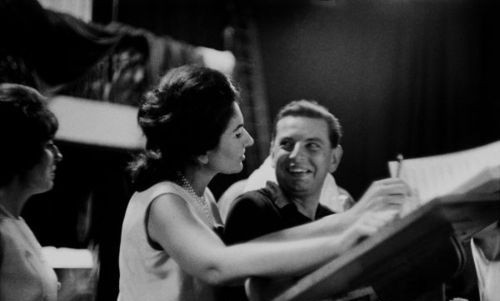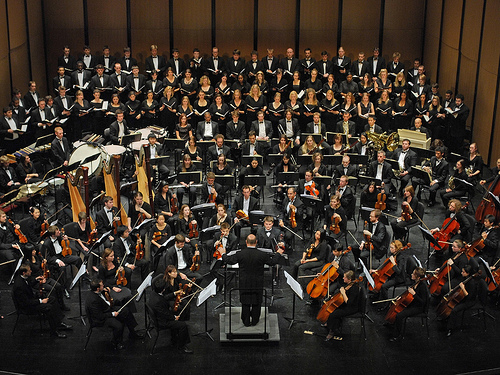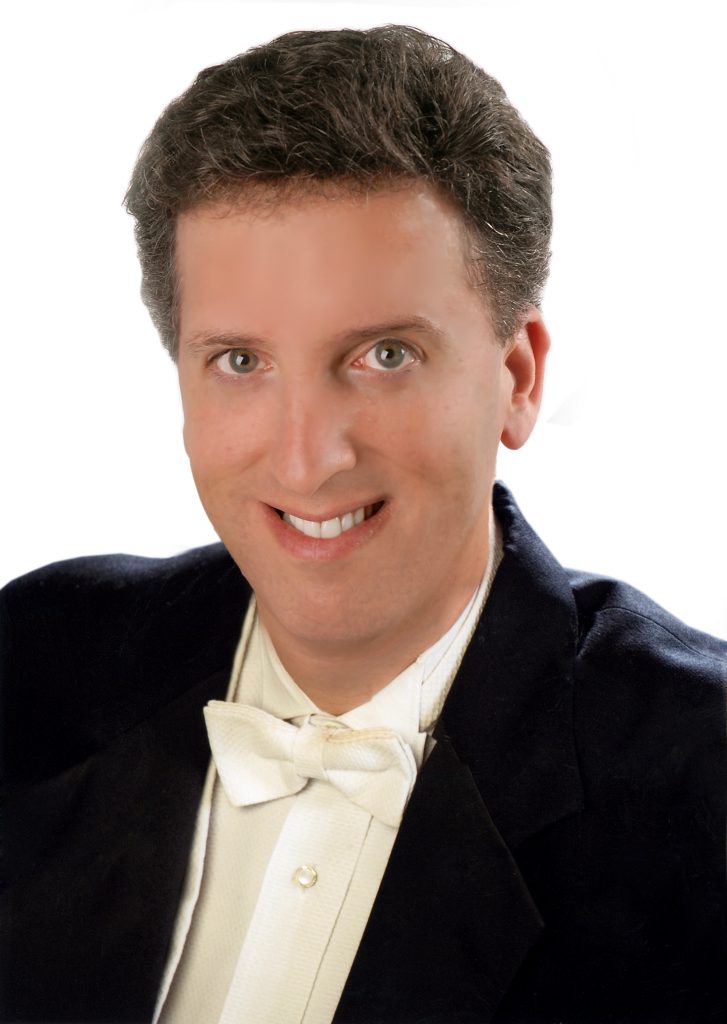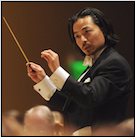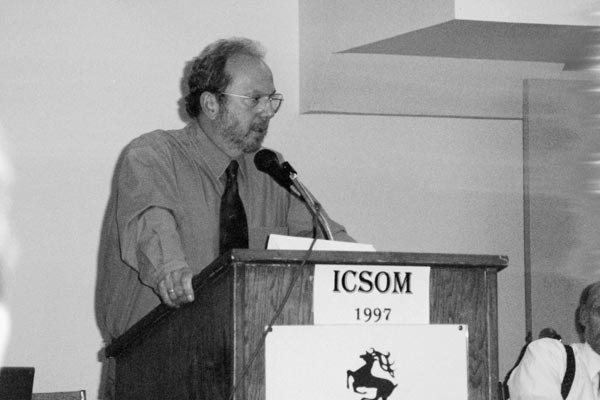In Memoriam 2010
January 3, 2011Polyphonic’s tribute to those people important to our field who died in 2010. Please send additions or corrections to Robert Levine (robertlevine at pobox dot com).
What Were They Thinking?
November 23, 2010The dust has finally settled around the Harris Theater dispute. Music students are now comfortably established in their routines for the new academic year and may be looking for guidance as they pursue opportunities to perform. Laura Brownell takes a walk down memory lane and uses her experiences as a student performer to shed light on a long-standing issue: Can the interface among music schools, training orchestras, and professional musicians be effectively managed? This article explains that the problem will probably never go away but it can be effectively managed by following some basic guidelines.
Commissioning New Piano Works Through a Consortium of Orchestras: An Interview with Jeffrey Biegel
November 9, 2010I’ve performed with Jeffrey Biegel many times over the years, and was chatting with him backstage when he played the Lowell Liebermann 3rd Piano Concerto with us a few years ago. We got to talking about his concept of putting together consortiums of orchestras to commission new works for piano and orchestra. I found it a fascinating concept.
Jeffrey was in town again recently, playing Beethoven’s 5th concerto, so I invited him to lunch to find out about his latest consortium project with Ellen Taaffe Zwilich.
If any orchestras out there would like to join the consortium to support Ellen Zwilich in writing Shadows for piano and orchestra, and participate in the year of the premiere, contact Jeffrey Biegel at sharpnat@aol.com. You can also visit his website at www.jeffreybiegel.com.
April 13: Orchestra of the Swan in England has signed on for the European premiere.
Royalties Are a Good Thing—Part 1: Copyright, Print Rights and Mechanicals
November 5, 2010In recent comments that have come to Polyphonic, several of you have suggested an article discussing royalties. Our editorial staff aims to please, so here is the first installment.
Webcasting: A technology that can reach audiences beyond the performance hall
October 27, 2010Albert Einstein once said “I never think of the future. It comes soon enough.” Well fortunately, people like Sam Bottoni, the author of the following article, are thinking about the future and what it means to classical music organizations. Sam’s article focuses on the intersection between current technology and the concert hall, and how organizations can utilize cutting-edge methods of delivering content to their audience. As orchestras work to engage younger people in the concert-going experience, Sam’s informative points regarding the potential of technology are important for us to consider.Thinking about the future and how we reach and interact with our many potential audiences will be crucial to the success of our beloved music.
Moving Forward
In the following Article, Liz Mahler (no relation to Gustav) discusses her compelling journey from a liberal arts major in college, to a violinist in the New World Symphony, to an arts management professional. Her story touches on many important issues which are crucial for young musicians to hear. She talks about facing a performance-related injury, feeling unsure about her future path, and how she ultimately made a series of choices which have led her to a feeling of great direction.It is an inspiring story for us all.
The Aspiring Orchestral Saxophonist
The saxophone is an instrument which is not traditionally found in most orchestral works. However, as saxophonist Jason Kush points out in the following article, great opportunities do exist for saxophonists to perform in the orchestral setting. Jason talks about strategies which can help players gain access to these opportunities. He also points out some important considerations regarding etiquette, playing style, and general keys to success in an orchestral setting. Jason’s article will surely help you prepare for, and succeed in your next orchestral saxophone opportunity.
An Interview with Conductor Chung Park
In this interview, conductor Chung Park shares his path to becoming an orchestral conductor. Chung talks about the importance of having enormous respect for his orchestra players, and how he has balanced the importance for musical excellence and administrative savvy early in his career. He discusses his influences, his inspiration, and what drives him. In an age where conductors are being called upon for more than just musical direction, Chung represents the next generation of conductors who see and embrace the many responsibilities of their profession.
In Memoriam – Fred Zenone
October 26, 2010The Orchestra Musician Forum and its website Polyphonic.org is saddened by the death of one of its founding board members. Fred Zenone was a past president and director of the Symphony Orchestra Institute (SOI). During his career as an orchestra musician, the majority of which was invested as a cellist in the National Symphony Orchestra, he was a keen observer of and active participant in organizational and industry matters. Throughout the symphony orchestra field, he was known for his leadership and statesmanship during his service as chair of the International Conference of Symphony and Opera Musicians (ICSOM) and for his work on teams consulting with troubled orchestras. He has also served on the board of directors of the League of American Orchestras and the Symphony Orchestra Institute. He was a valued consultant in the transition of the SOI that created the Orchestra Musician Forum and its website Polyphonic.org.
Editor in chief –
(Re)Kindling the Union Spirit: The Key to Improving Union Effectiveness
October 19, 2010The 2010 ROPA (Regional Orchestra Players Association) conference was held in Omaha, NE. ROPA President Carla Lehmeier-Tatum invited John Kretzschmar, Director of the William Brennan Institute for Labor Studies at the University of Nebraska, to address the delegates. John presented a rousing talk about the problems of union membership apathy, why it exists, and what can be done about it. I asked John to revise his remarks for Polyphonic; the result is a most interesting and informative article.

